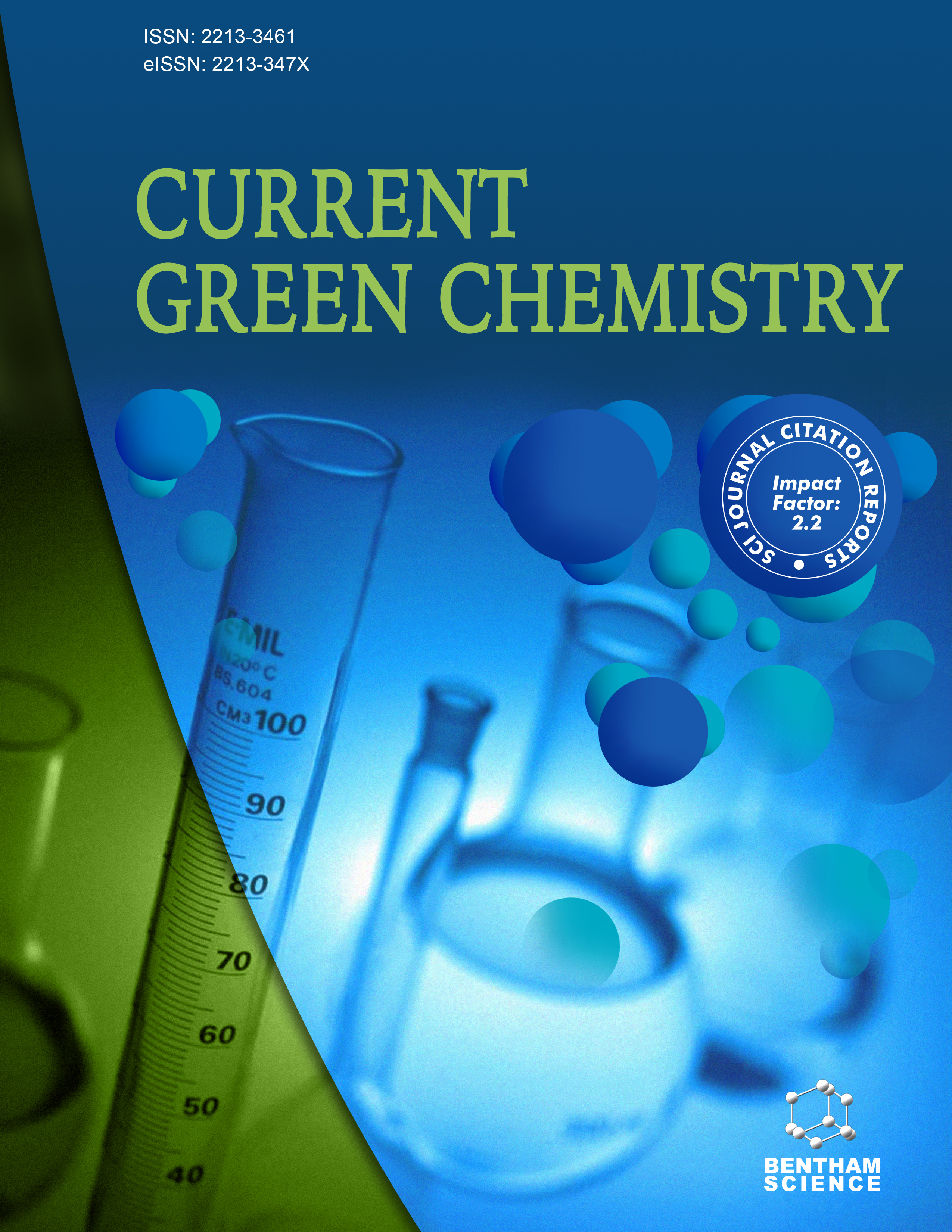-
s Ion-exchange Resins and Polypeptide Supported Catalysts: A Critical Review
- Source: Current Green Chemistry, Volume 7, Issue 1, Apr 2020, p. 40 - 52
-
- 01 Apr 2020
Abstract
Heterogeneous catalysis represents one of the important areas in the field of organic synthesis. Major developments have been emerged during last few decades and polymer-supported catalysts have been employed successfully in various catalytic organic transformations. Ion-exchange resins and polypeptides are two important examples of such heterogeneous polymer-supported catalysts among others because of their easy accessibility, stability, recoverability and reusability. Cross-linked ion-exchange resins and polypeptides are highly insoluble, which make them better choice in terms of their easy separation from the reaction mixture and subsequent recyclability. The present review article provides an overview of different types of ion exchange resins as polymer-supported catalysts such as amberlite resin, polystyrene resin, polyionic gel-based systems, ion-exchange resins and prolineimmobilized species, PEG-bound poly (amino acid), amino acid anchored with Merrifild resin, amphiphilic block polypeptides etc. Their preparation, characterizations and catalytic applications in diverse organic transformations have been presented with critical analysis on their stability, mechanistic overview and suitability etc.


